Tax Return Deadline in the UK (2024-25)
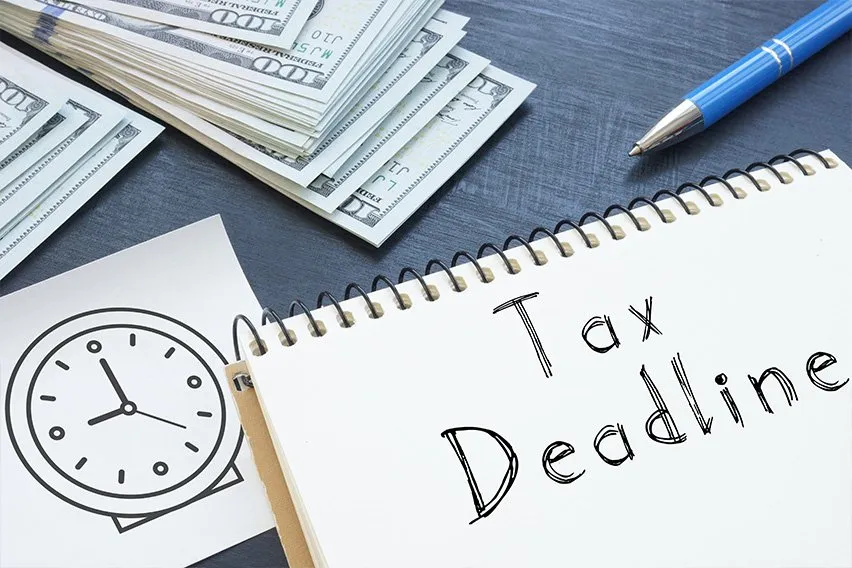
A tax deadline is a big date in the tax calendar. It can mark the start of a new tax year or submission date. Hitting these deadlines helps HM Revenue and Customs (HMRC) keep track of your income and expenses, as well as any tax you might owe (or be owed).
Every 31st January, you need to file your online Self Assessment tax return for the previous tax year, not the current one. This means that we’ll file a 2024/25 tax return by 31st January 2026. The deadline for filing your tax return is the same every year.
Of course, 31st January isn’t the only tax date you need in your diary. In fact, there are a number of deadlines you’ll need to remember. And that’s where this guide comes in—not only can you use it to make sure you file on time, but it can also help you avoid running into trouble with HMRC. So let’s get started!
NOTE: FreshBooks Support team members are not certified tax or accounting professionals and cannot provide advice in these areas, outside of supporting questions about FreshBooks accounting software. For general Self Assessment guidance, please contact GoSimpleTax.
Here’s What We’ll Cover:
Tax Dates You Need to Know in the UK
6th April, start of the tax year:
First things first, you can’t file a tax return if you don’t know what period your tax return covers. In the UK, the tax year runs from 6th April to 5th April, which means all income and expenses in this time frame need to be reported in the next tax year. If you’re feeling particularly proactive, this is also the earliest date you can file your Self Assessment tax return with HMRC for the previous tax year.

5th October, deadline to register for Self Assessment:
Still yet to register as self-employed? You’ll need to let HMRC know by this date. All you have to do is register for Self Assessment on the GOV.UK site and wait to receive your Unique Taxpayer Reference (UTR) number and Government Gateway ID. This can take up to 10 days, so bear that in mind if you want to submit a paper tax return. Which leads to the next important deadline.
31st October, deadline to submit the paper Self Assessment tax return:
If you want to submit a paper tax return, then the deadline is three months earlier than the online deadline. This is to ensure HMRC has all the information they need to process your tax return. But it might be best to start getting to grips with an online submission instead—not only to buy more time (we all need more of that) but also as it’s likely that all submissions are being moved online in the near future.
31st January, deadline to submit the online Self Assessment tax return:
This is the deadline for your online submission, although we’d recommend that you submit your Self Assessment tax returns earlier than the 31st. Why? Because you’ll be able to find out how much tax you’ll owe earlier too, giving you more time to plan for your payments.
31st January, balancing payment and first payment on account due:
Once you’ve filed, you’ll be given your total tax bill. From here, you’ll need to pay HMRC directly through their online portal, by post, or by bank transfer. The 31st January deadline involves your ‘balancing payment’ (that’s any tax you still have to pay after making your payments on account) and your first ‘payment on account.’ Payments on account (one of which is due in January, and one due in July) are advance payments towards your next tax bill, calculated by halving your previous year’s tax bill. If you’re late submitting your tax return or paying your tax bill, you’ll usually receive a penalty from HMRC.
31st July, second payment on account due:
There’s typically a second payment deadline of 31st July if you make advance payments towards your bill. You can ignore this bit if you’re registering for Self Assessment for the first time, have a tax bill less than £1,000, or have already paid more than 80% of the tax you owe. Otherwise, this is the date to pay that second half of your advance payment towards your next tax bill.
Where Can I Get Tax Support?
Well, you could seek out a tax consultant. But they aren’t cheap: The average consultancy cost for a personal tax return ranges from £150 to £300, which is likely to put a dent in anyone’s finances at the start of the new year. If you want a little more autonomy when it comes to your tax, you could take some basic training in becoming a tax advisor. However, this is quite costly and can take time away from your actual business (although it could make a nice side hustle?).
What most other sole traders do is contact HMRC for support. They have a free number you can call, and will provide basic advice or any details you may have misplaced, like your tax code. They also offer email support. They can get incredibly busy, especially around January, making it sometimes difficult to get the level of support you need.
Tax Return Software
A way to get around this is to invest in your very own Self Assessment tax return software. At FreshBooks, we partner with GoSimpleTax for this very reason. GoSimpleTax helps their users to file their tax return and stay compliant. Their platform alerts you to upcoming deadlines and prompts you when you may qualify for tax savings. They also have a blog and support page that’s packed with useful tax-related tips and advice.

What If I’ve Overpaid My UK Tax?
As earnings outside of PAYE can vary, sole traders occasionally find themselves taxed too much at some point during their self-employment. Don’t worry, HMRC are happy to give your funds back—you simply need to prove that you’ve overpaid, and you’ll receive a tax refund once your tax return has been submitted to HMRC.
Once complete, it can take around five working days to receive the money in your bank account. If you’ve asked for a cheque instead, it can take up to five weeks. Remember, both these timescales are subject to tax refund checks, and so could take a little longer if your financial affairs are pretty complicated.
Self Employed? See How FreshBooks Can Help
In need of a little more tax support? We have an extensive library of resources designed for self employed freelancers and small business owners, like you, who want to get to grips with tax legislation. Our aim is to make accounting painless, and with our collection of actionable insights, we’re achieving that one guide at a time.
If our articles and eBooks aren’t enough, our support team is also here to help. We know that it can sometimes feel like you’re navigating the world of self-employment alone, so we make sure there’s always someone on the other end of the phone to talk you through the ways we can help grow your business—whether that’s through reporting, project proposals, or tracking your productivity.
But that’s not all. Billing and accounting with FreshBooks saves individuals and businesses, on average, 550+ hours every year. That’s eight days you could spend catching up with your favourite clients. Or catching up with your favourite TV shows. With our software, you’ll add credibility to your business, create more engagement with your customers, and get instant updates when an invoice has been viewed or paid. Sound good? Get in touch to take the next step towards evolving your accounting.
For all things Self Assessment, turn to the experts at GoSimpleTax. Accounting Excellence award winners, their software makes completing a Self Assessment tax return straightforward. You can start using it to input your income and expenditure for free too—you only need to upgrade your account when you’re ready to submit your tax return directly to HMRC. Sign up for their trial today.
More Useful Resources
RELATED ARTICLES

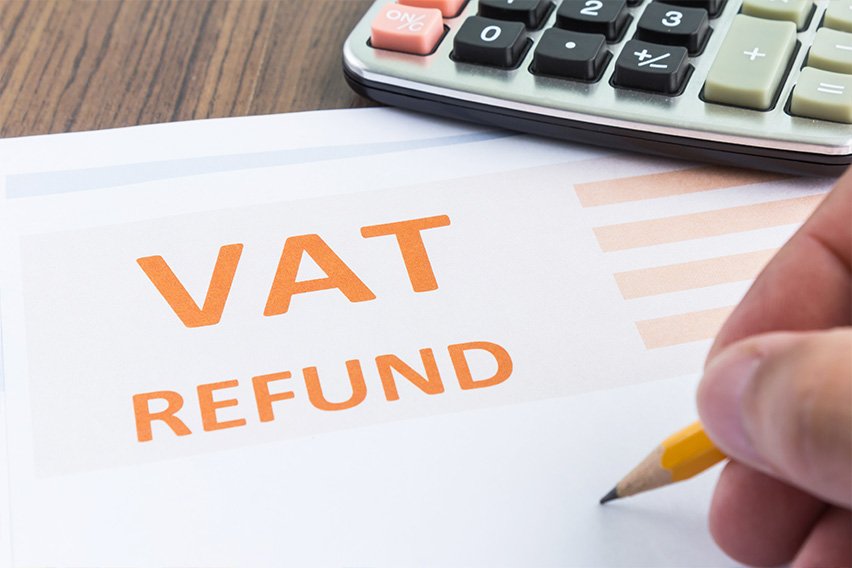 Can I Get a VAT Refund When I Leave the UK? Can I Get VAT Refund When I Leave UK Soil?
Can I Get a VAT Refund When I Leave the UK? Can I Get VAT Refund When I Leave UK Soil?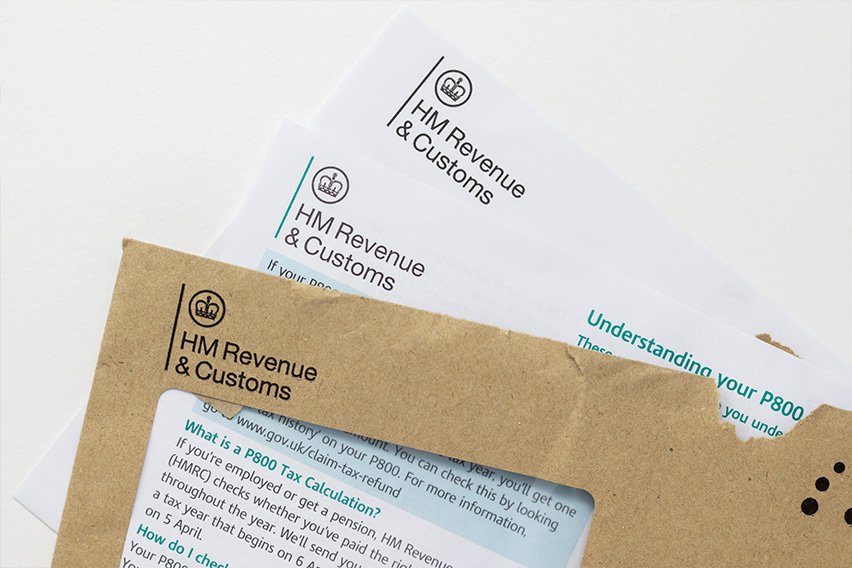 HMRC Invoice Requirements
HMRC Invoice Requirements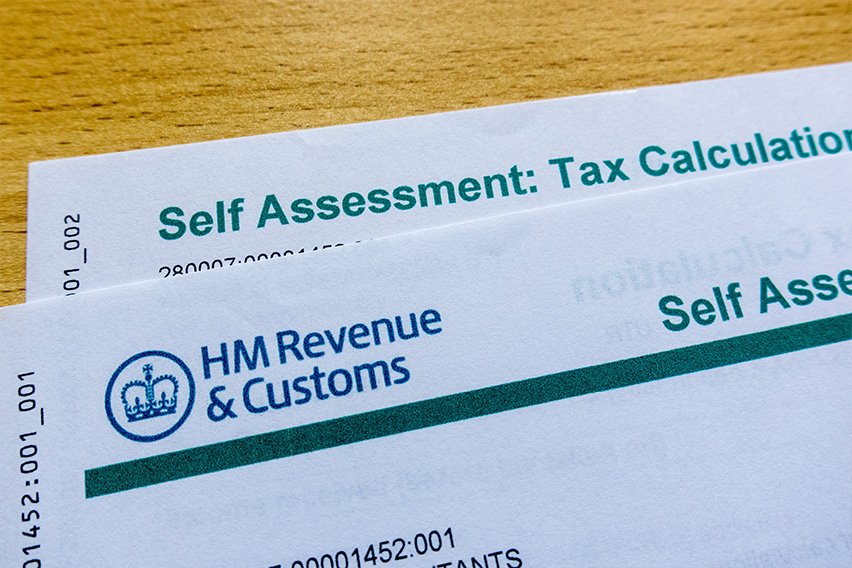 How Does HMRC Know About Undeclared Income?
How Does HMRC Know About Undeclared Income?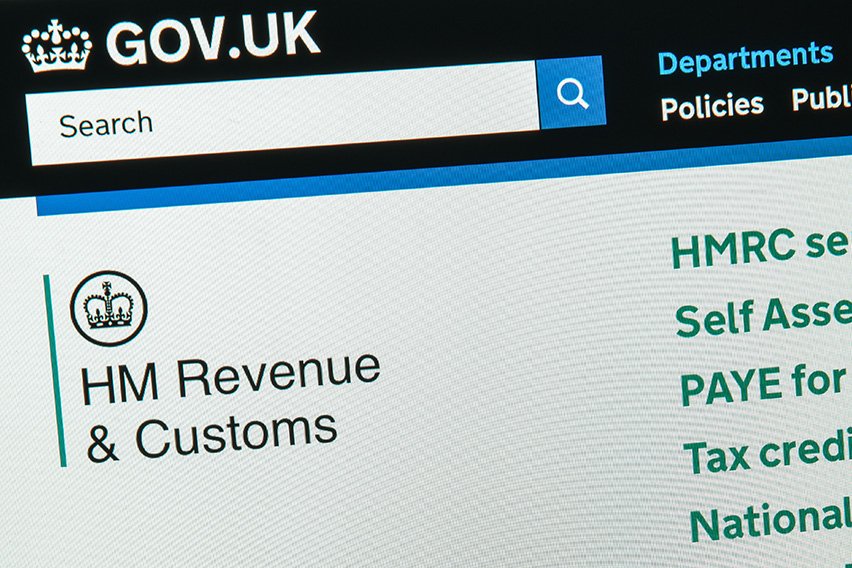 How To Contact HMRC About Tax Code
How To Contact HMRC About Tax Code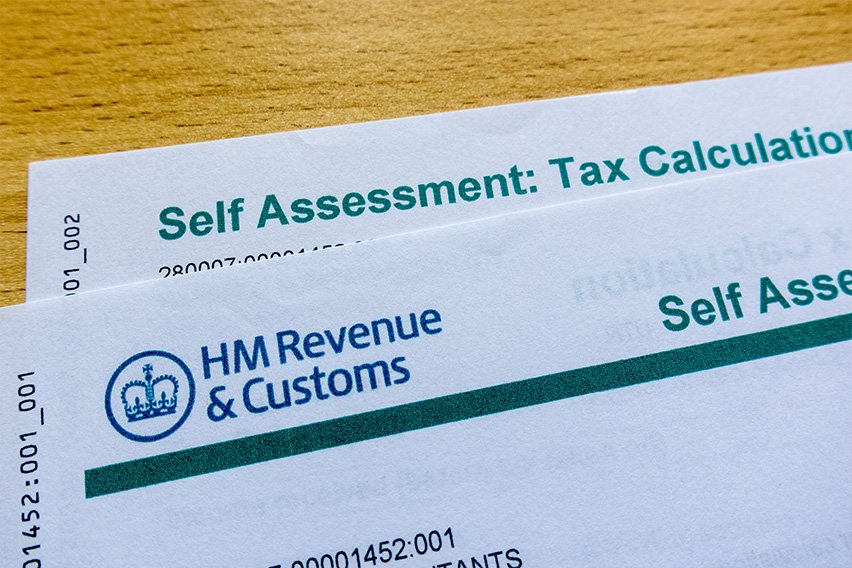 How Does VAT Work: An Overview
How Does VAT Work: An Overview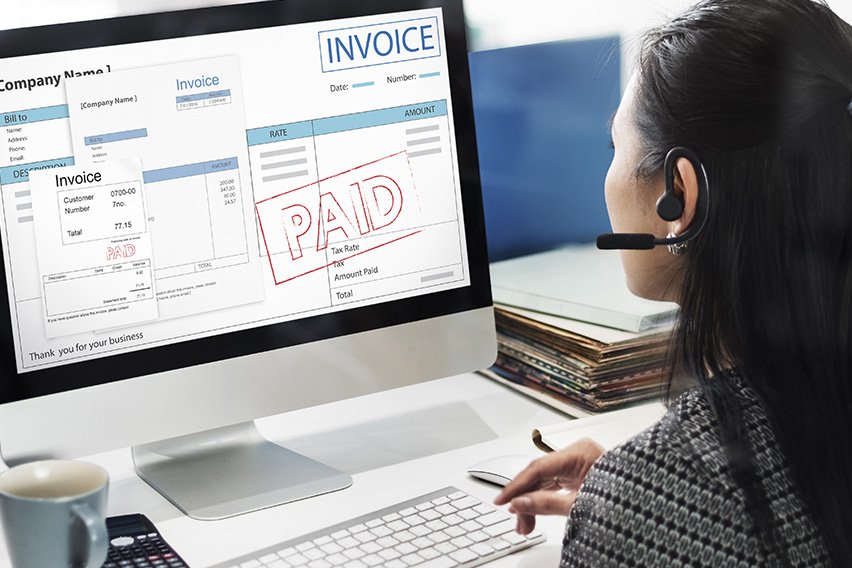 Do You Know How to Pay Your UK Gov, VAT Bill Online? Learn How to Pay VAT Online in Our Quick Guide.
Do You Know How to Pay Your UK Gov, VAT Bill Online? Learn How to Pay VAT Online in Our Quick Guide.